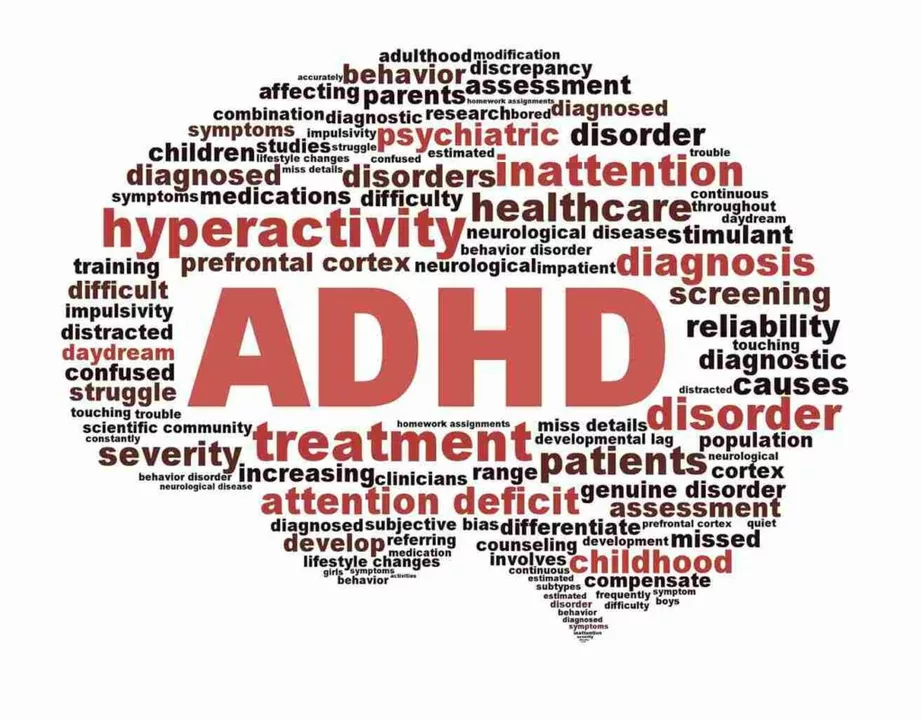ADHD coaching: clear steps to better focus and daily routines
Feeling overwhelmed by tasks, time, or routines? ADHD coaching is a hands-on way to build skills that help you get things done. Coaches focus on real-life tools—timers, calendars, small routines—so you can see progress fast instead of just talking about problems.
What ADHD coaching actually does
Coaching is goal-based and practical. You and your coach pick one or two daily problems to fix, then break them into tiny steps. Examples: set up a simple morning routine that actually works, cut email time in half, or finish one work project each week. Coaches hold you accountable, teach habit tricks, and troubleshoot when plans fall apart.
Coaching is not therapy or medical care. Coaches usually won’t diagnose or treat mental health conditions, and they don’t prescribe medication. If you need therapy or a medication review, a good coach will suggest seeing a clinician. Think of coaching as skill training for real-life ADHD challenges.
What a first session looks like and practical tips
Expect the first session to feel focused and efficient. Your coach will ask about your daily routine, biggest friction points, and one or two concrete goals. You’ll leave with a clear next step: a micro-goal to try until the next meeting. Common first-week tasks include setting a single alarm, creating a one-page to-do list, or using a 25-minute timer for work bursts.
Tips to get more from coaching: pick one priority; use small, measurable actions; track progress in a simple way; and be honest when things don't work. Use tools that actually fit your life. If phone reminders annoy you, try a physical timer or sticky notes instead.
Session rhythm matters. Many people meet weekly or every other week for 30–60 minutes. Short, regular check-ins beat occasional marathon sessions. Aim for habit practice between meetings—coaching is about doing, not just planning.
How to choose a coach: look for someone with ADHD-specific training or strong experience, clear methods, and good references. Ask about success stories and how they measure progress. Red flags include promises of instant fixes, diagnosing without credentials, or selling meds. A solid coach will explain fees, session length, and a cancellation policy up front.
Budget note: coaching rates vary. Some coaches charge per session, others offer packages. Sliding-scale options may be available. Check if employers or insurance offer mental health support that covers coaching-like services.
Quick checklist to start now: pick one daily problem, choose a tiny first step, set one reminder, and schedule a short check-in with yourself in three days. Small wins build momentum faster than big plans you never start.
Ready to try it? Start with one clear, tiny goal and see what changes in two weeks. Coaching is practical, focused, and built around doing. If you want help finding resources or sample exercises, we can point you to simple tools and worksheets to try today.

Atomoxetine and ADHD Coaching: A Winning Combination
As someone who has experienced the benefits of Atomoxetine and ADHD coaching, I can confidently say that this combination is truly a winning one. Atomoxetine, a non-stimulant medication, helps me manage my ADHD symptoms effectively, while my ADHD coach provides personalized guidance and support. Together, they have improved my focus, organization, and overall well-being. I highly recommend this powerful duo for anyone struggling with ADHD. Trust me, it can be a game-changer!
Read more